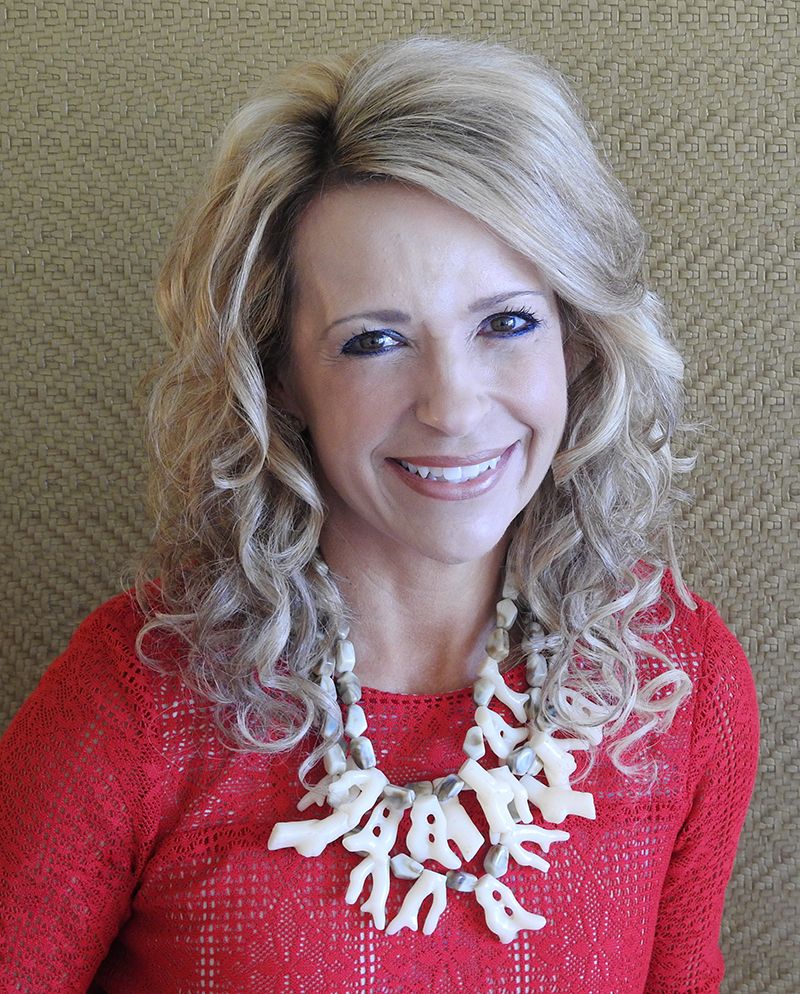You’ve been disappointed.
Someone let you down.
You had a deal fall through.
Nearly all of us have experienced the unsettling surprise of what we hadn’t planned and, even more so, didn’t want to have happen.
And yet each of us also has the ability to overcome disappointment, get ourselves up and then create new opportunities.
While those feelings are real, and are not to be minimized, it is how we manage to get through an experience on the way to a new disposition that matters most.
The expression “Time heals all wounds” can be quick to utter, and even faster (and more feverish) in our desire to want to believe, and yet that slight sense of comfort is typically based in only a shoestring of hope that it is true.
Healing is found in what is done in the time that follows disappointment, let down or things falling through.
Before anything else, let yourself be mad.
Let yourself be sad.
Let yourself grieve the loss of that excitement and anticipation.
And then get focused elsewhere!
As challenging as it can be, it is (yes) good to vent, get it out and process the thoughts through words. The often more challenging part is to put that in its place. Notice that is not “let it go.” That, too, is a rather familiar expression (or dare I say, encouragement) that is given when something, or someone, goes off-track in regard to reliability or expectation. Let’s not simply “let it go,” rather, consider letting it play out and pass. Only now, let it play out and pass purposefully, in a short amount of time, with forgiveness and focus being the key drivers in that success.
First, forgive the person for his or her shortcomings. Even if the act seems unforgivable, know that you are releasing that energy for yourself and not that person.
Second, forgive yourself for whatever you are allowing to weigh on you. Sure, own whatever you may have done or not done, said or not said, and then forgive the past, as you cannot revisit it.
By forgiving the person’s shortcomings and yourself, you move away from the “What if?” and “If only,” feelings as well as the “Poor me…” mindset, and onto the “What have I learned?” and “How will I approach things/people like this in the future?” thoughts in order to gain perspective, momentum and belief back in people, and in you!
Notice in this, there is no “Take the high road” recommendation or a “Be the bigger person” push for you. With whomever you share this, be confidential, be courageous with your feelings and be confident that processing through to forgiveness from a downfall is going to be what is best for you, regardless of any other recommendation to tell your story, make it public or put that person down.
This approach will not prevent each person from being disappointed or let down. It will, however, provide insights into how to avoid the actions and/or missteps for which you had a part, avoid or amend them moving forward, and likely, have fewer things and people to forgive as a result.
So, what does forgiveness have to do with etiquette? What does compassion have to do with forgiveness? Since etiquette is a set of rules meant to assist in governing ourselves with respect for ourselves and others, and compassion is knowing you move beyond yourself in your thoughts and actions, forgiveness in this style serves to be respectful and compassionate…for all parties concerned…even those for whom you spare the details since you graced yourself with the ability to assess, process and progress!
Debbie Lundberg is a certified life coach, certified leadership coach, and certified image consultant who speaks, facilitates, trains and coaches throughout the country. She is author of Presenting Powerfully, serves as an honorary commander at MacDill Air Force Base and is a recent member of the Greater Tampa Chamber of Commerce board of directors. Learn more at debbielundberg.com.









